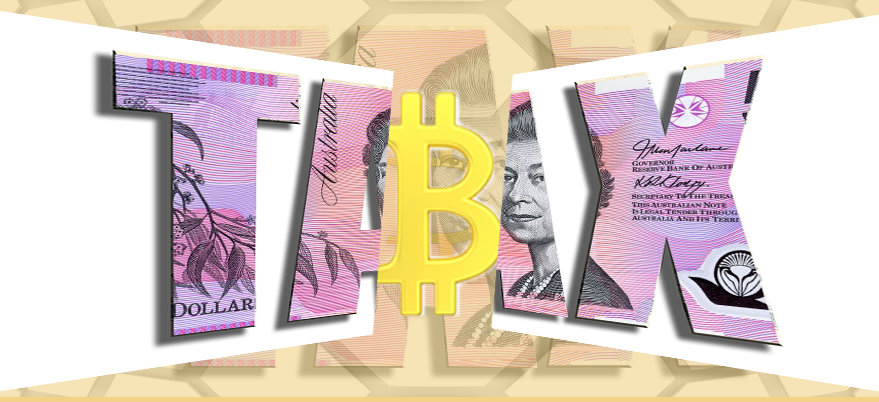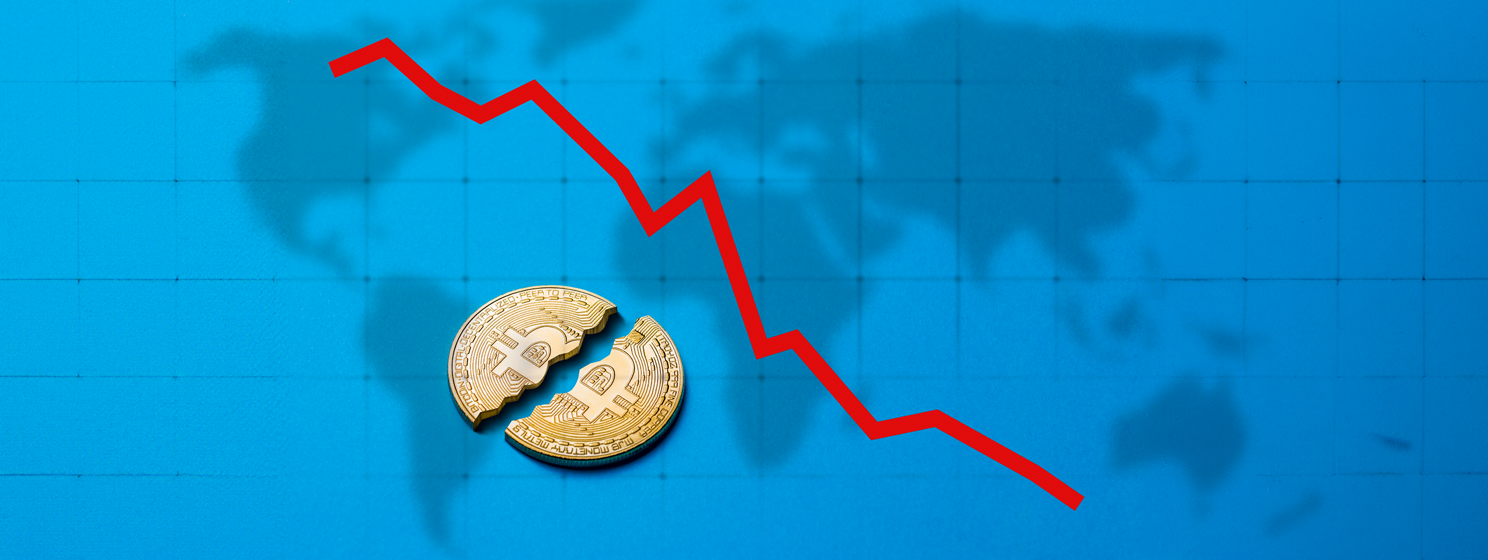|
Getting your Trinity Audio player ready...
|
The Australian government has finally made good on its promise to end the double taxation of cryptocurrencies, such as Bitcoin, in the country.
Customers in Australia using digital currency for transactions are currently taxed twice—one for the goods and services tax (GST) on the product and another one for the GST levied on the digital currency used for the payment. This is because the Australian Tax Office considers bitcoin and other digital currencies as an “intangible property,” which means that cryptocurrency-related transactions are “barter transactions.”
To address this double taxation, the Turnbull government recently introduced the Treasury Laws Amendment (2017 Measures No. 6) Bill 2017, which removes double taxation when cryptocurrency is used to buy a taxable supply. The bill will be enforced retroactively to July 1, 2017, in line with the 2017 budget announcement.
“The Bill will ensure that Australians are no longer charged GST on purchases of digital currency, allowing it to be treated the same way as physical money for GST purposes,” Scott Morrison, treasure of the Commonwealth of Australia, said in a statement.
The government made the promise in May to solve Bitcoin’s double taxation issue, following repeated calls to reform the GST regulations to include digital currency. And by finally introducing the new legislation—which has been several years in the pipeline—the government hopes it will “cement Australia’s reputation as a global FinTech center.” The Australian Government Treasury previously said it plans to make a country as a fintech destination first by reducing tax barriers for FinTech investment, and then by curbing the existing GST levied on virtual currencies.
“We have worked closely with the FinTech industry to develop the reform, which was unanimously approved by the States and Territories,” Morrison said. “The Bill will make it easier for new innovative digital currency businesses to operate in Australia, as the government takes action to boost jobs and wages.”

 02-07-2026
02-07-2026 




